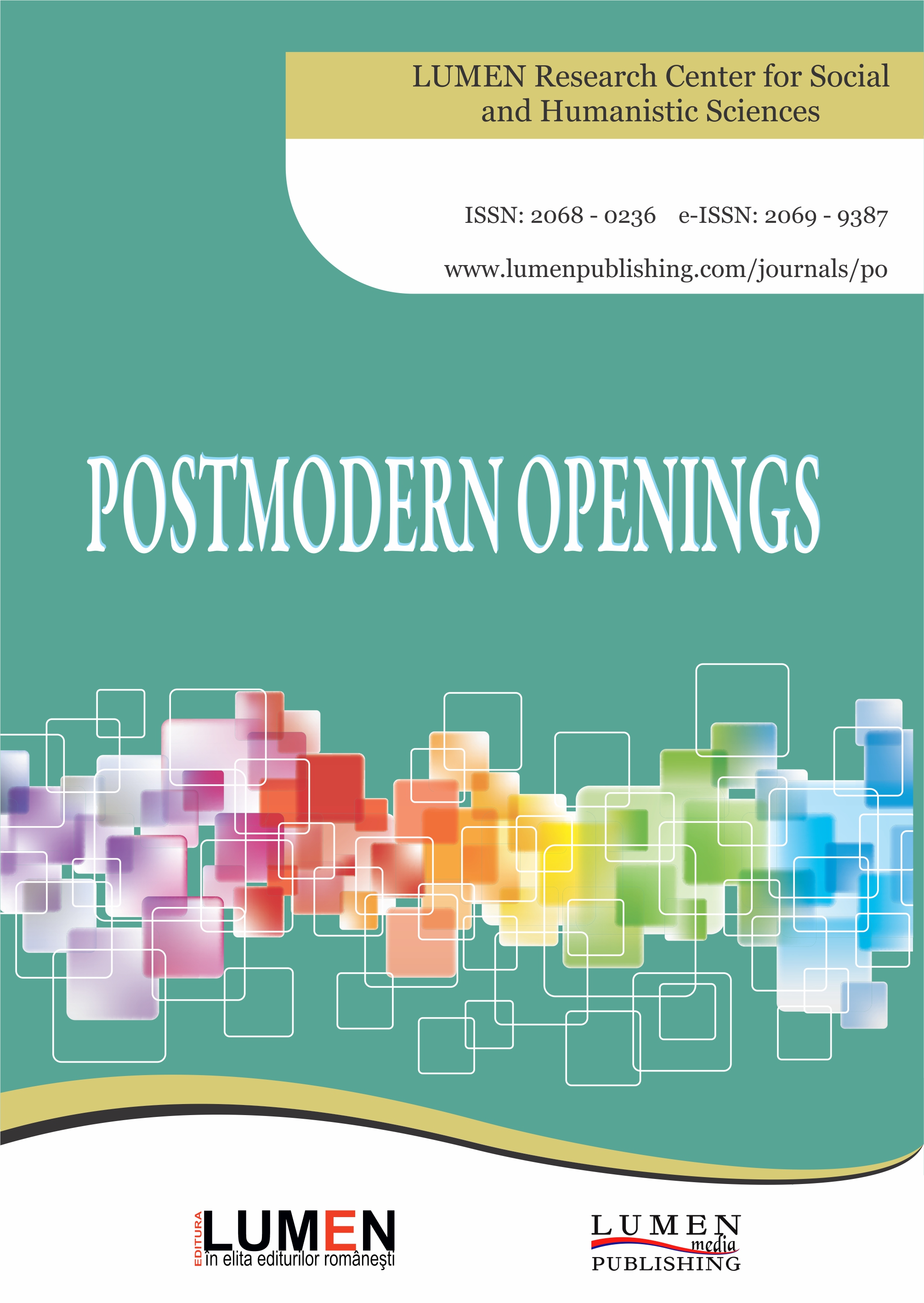Features of the Use of Distance Education in Quarantine Conditions in the Postmodern World
Features of the Use of Distance Education in Quarantine Conditions in the Postmodern World
Author(s): Halyna Korzh, Oleksandr Zakharyash, Uliana Kushpit, Mariana Klym, Svitlana VoloshynSubject(s): Social Sciences, Education, Distance learning / e-learning, Pedagogy
Published by: Editura Lumen, Asociatia Lumen
Keywords: pedagogy;distance learning;educational process;socio-psychological support;COVID-19;post-pandemic consequences;
Summary/Abstract: Under the conditions of quarantine, distance learning turned out to be the only acceptable form of education, which corresponds to the current world norms of today's postmodern world space, because this type of organization of the educational process is included in the list of institutional forms along with full-time, part-time, network, and the like. Each institution of higher education, within the granted autonomy, has developed and implemented a system of measures for the technological and technical aspects of the implementation of the educational process under quarantine conditions. Along with the variety of forms of production of distance education, there are common problems and challenges for higher education institutions: the workload of both teachers and students has significantly increased; revealed the need for intensive training in the use of distance forms in the educational process; work intensified and it turned out to be obvious that specialized distance learning centers were functioning on the basis of higher educational institutions; Students with special educational needs require significant attention, both in terms of socio-psychological support and support in distance learning. The recommendations of the world community on the course of the educational process in the conditions of quarantine are considered. Most international organizations have implemented the statements and issued a set of recommendations for education systems that countries can use in making policy decisions and implementing specific action plans.
Journal: Postmodern Openings
- Issue Year: 12/2021
- Issue No: 4
- Page Range: 294-304
- Page Count: 11
- Language: English

